In the middle of the Atlantic, there is a small archipelago that you have to zoom in to see on a map. Population just over half a million, no major industry, no glorious championship. But when Cape Verde qualified for the 2026 World Cup, the world suddenly looked back – not just for a football miracle, but for the way they turned memory, music and nostalgia into power.
The journey is a story of identity: of islands, of expatriates, of morna music and street joy. A small country tells its story, in the most universal language: football.
PART 1: CAPE VERDE, SMALL COUNTRY AND WORLD CUP DAY
In the middle of the Atlantic, where salty Saharan winds blow over the Fogo volcanoes, a country of just over half a million people has just done the unthinkable: qualified for the 2026 World Cup . A small island has put itself on the global football map.
From now on, Cape Verde is not only a tourist or marine sports paradise – but also a country that dreams and fights to turn aspirations into reality.
Praia – the capital of Santiago Island – lit up that night. When the final whistle blew at the Cape Verde National Stadium, the city erupted. Batuque drums reverberated down the narrow slopes, and people hugged and danced in the dim light.
At the Quebra Canela beach bar, fishermen drop their nets, tourists linger. On the screen, players run around the field, planting the national flag on the grass. For the first time, the red-blue-white-yellow flag will be present at the biggest football festival on the planet.
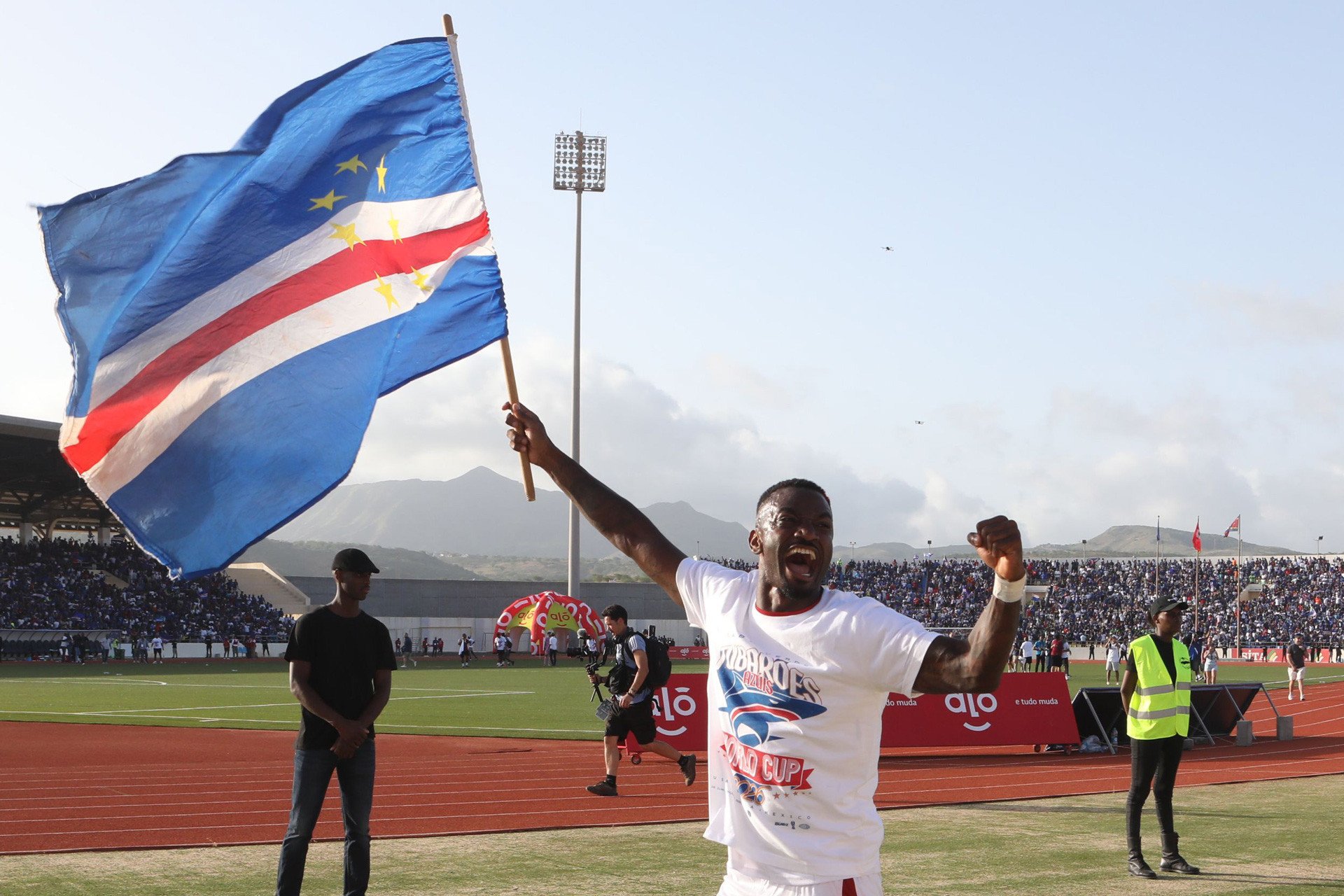
Miracle from the windy island
Cape Verde is just under 4,000 km² in size, with a population of approximately 540,000 – less than the population of a district in Lisbon (Portugal), the city that was once the “motherland”. Generations of Cape Verdeans have had to leave their homeland because of the barren land, for the dream of studying and working in Europe.
However, it is these migrations that bring back to their homeland new spirit and aspirations. Football , like the wind, does not stop at borders.
Their team – “Tubaroes Azuis” , the Blue Sharks – does not have top European stars. But they have something more precious: the belief that a small team can still write a big story.
Cape Verde's qualifying journey was a dogged one, with a 3-0 win over Eswatini in the final round securing their ticket to the US, Mexico and Canada in 2026.
Last summer, they were considered the "blue team" for Malaysia to practice with a group of naturalized players to play against the Vietnamese team.
“This is a historic day for the whole country,” said coach Pedro Leito Brito – known by his nickname Bubista (after the Portuguese name of his homeland). “From today, the world will know that Cape Verde is not only about beautiful beaches.”
Storytelling Islands
Each island in the archipelago has its own soul – and together, they write the symphony of this young nation.
Sal, where tourists sandboard on white dunes. Boa Vista, with its long, windy coastline – a surfer’s paradise. Fogo, with its still-breathing volcanoes and lush vineyards against black rocks. Santo Antao, the island of clouds and valleys.
And Santiago, the heart of history, where people sing morna every afternoon, a sad and beautiful music, carrying “sodade” – endless nostalgia for one's homeland.
Now, with morna (traditional music here) , football becomes a second language. When Cape Verde wins, people sing; when they lose, they still sing. To the sound of drums and waves, the people speak of their “ocean dream” : small as they are, they want the world to hear their name.
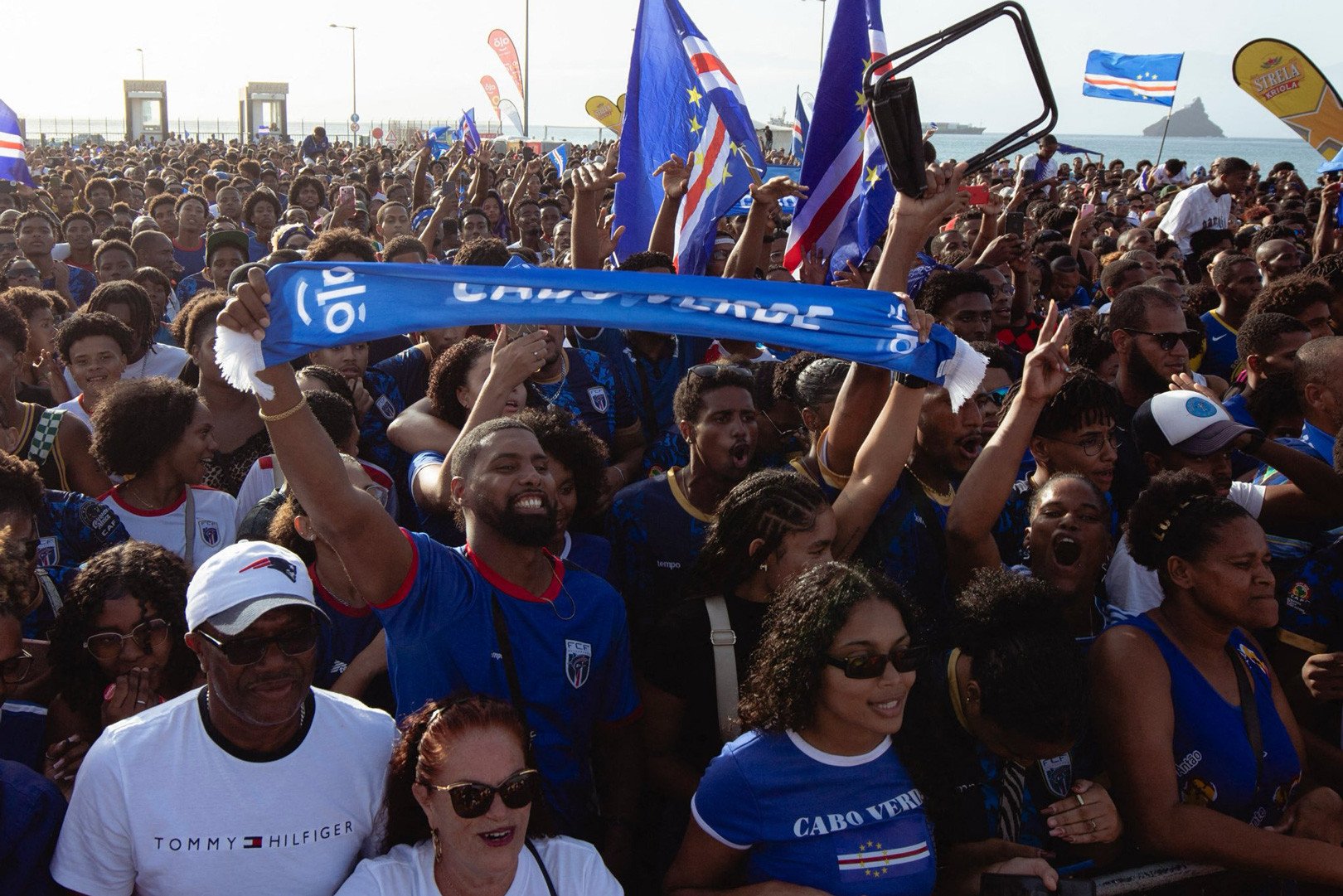
Football – the mirror of the country
The story of football mirrors the history of Cape Verde: leaving to find a way back. Many players were born in Portugal, the Netherlands, France, the United States; they grew up in far-flung cities but chose to wear the shirt of their homeland.
There, they don't just play for their team – they play for their parents, their grandparents, for the island that was once just a tiny dot in the blue sea.
“We don’t have a big population, we don’t have a big stadium, but we have a heart,” captain Ryan Mendes said during the celebrations. The quote went viral on social media, shared as a reminder that even the smallest things can lead to great things.
Cape Verde has long been known as a sun and wind destination, with tourism accounting for more than 20% of GDP, but the World Cup opens up another dimension: national pride.
From now on, the names of the islands will resound not only in travel guides but also in the list of World Cup groups. In the eyes of young people, there is one more reason to stay, to believe that their homeland is big enough for dreams.
On Praia beach the next morning, children were kicking around old footballs, laughing. One boy raised his hand and shouted: “I am Cape Verde in the World Cup!” The adults looked at each other and laughed – a laugh of happiness and surprise. There, amid the sand and the waves, they understood: history had just changed.
An island that tells a story. That story, in the summer of 2026, will be heard by the whole world.
Source: https://vietnamnet.vn/cape-verde-gianh-ve-world-cup-2026-co-tich-giua-dai-duong-2453748.html


![[Photo] The Steering Committee of the 2025 Fall Fair checks the progress of the organization](https://vphoto.vietnam.vn/thumb/1200x675/vietnam/resource/IMAGE/2025/10/20/1760918203241_nam-5371-jpg.webp)

![[Photo] National Assembly Chairman Tran Thanh Man holds talks with Hungarian National Assembly Chairman Kover Laszlo](https://vphoto.vietnam.vn/thumb/1200x675/vietnam/resource/IMAGE/2025/10/20/1760952711347_ndo_br_bnd-1603-jpg.webp)
![[Photo] Chairman of the Hungarian Parliament visits President Ho Chi Minh's Mausoleum](https://vphoto.vietnam.vn/thumb/1200x675/vietnam/resource/IMAGE/2025/10/20/1760941009023_ndo_br_hungary-jpg.webp)
![[Photo] Solemn opening of the 10th Session, 15th National Assembly](https://vphoto.vietnam.vn/thumb/1200x675/vietnam/resource/IMAGE/2025/10/20/1760937111622_ndo_br_1-202-jpg.webp)
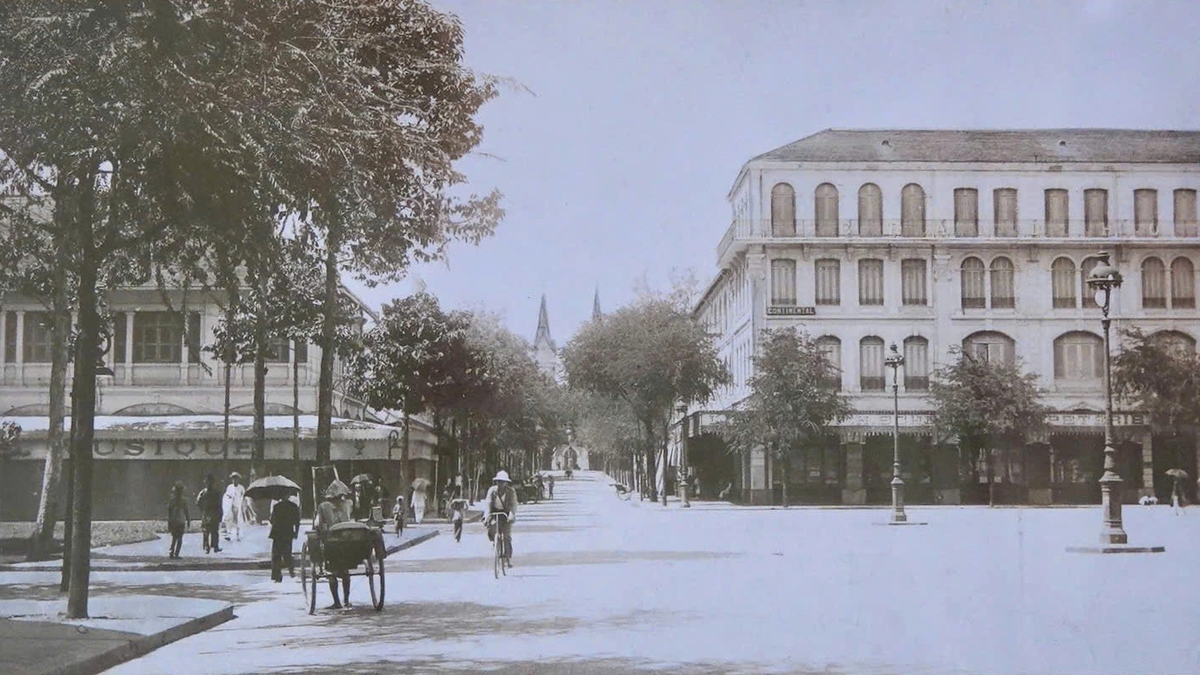
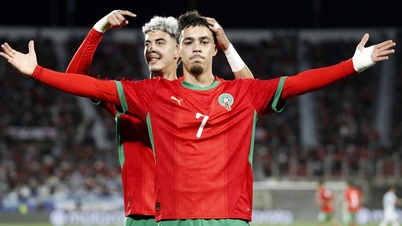

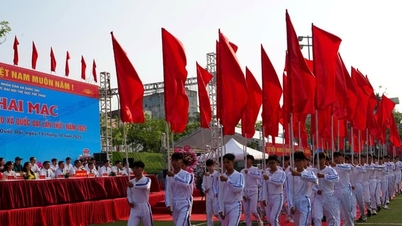




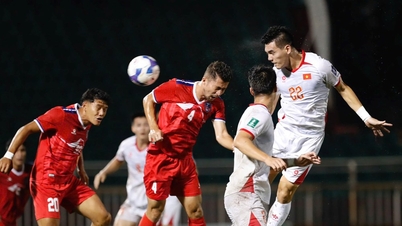

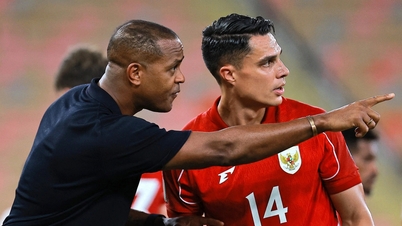













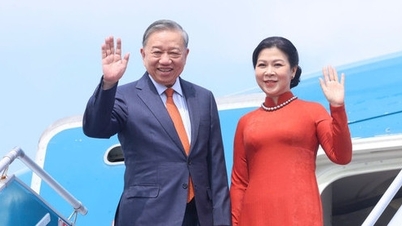
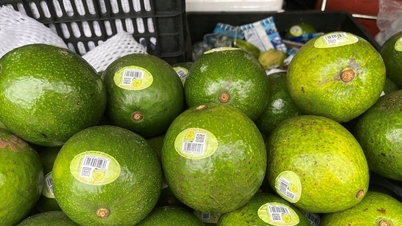
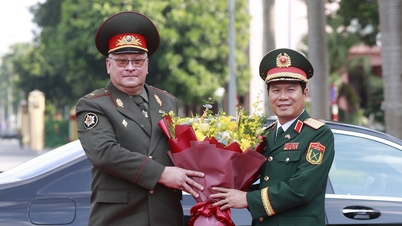
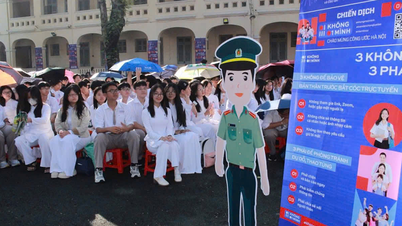
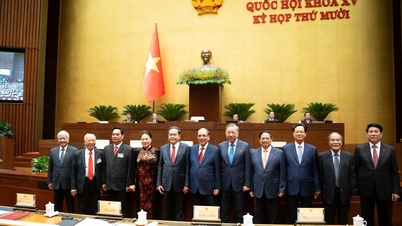


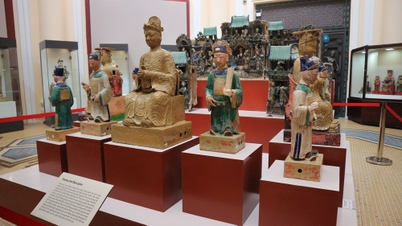
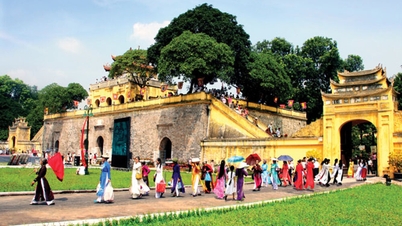
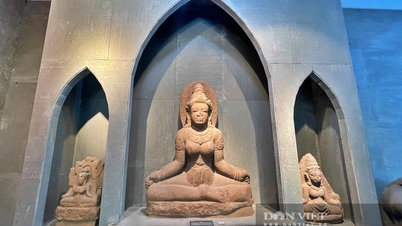

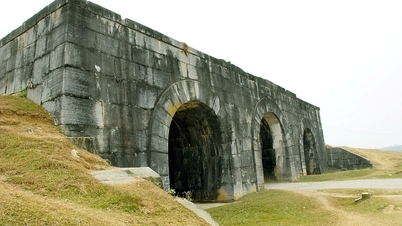
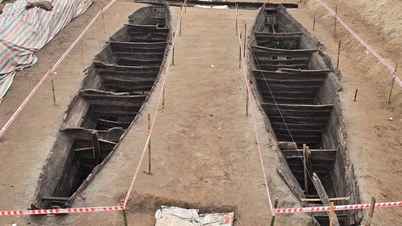
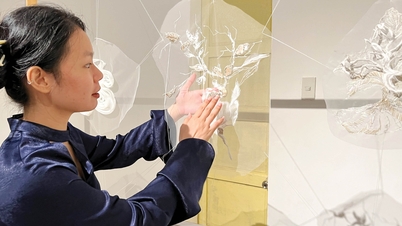














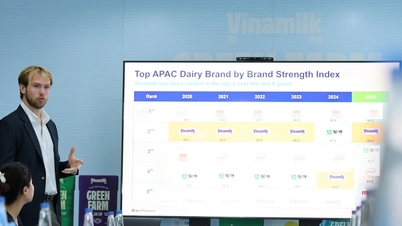

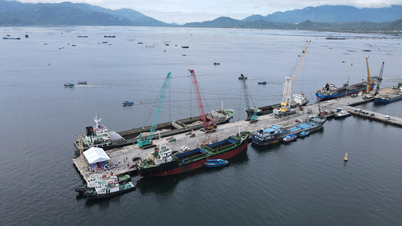











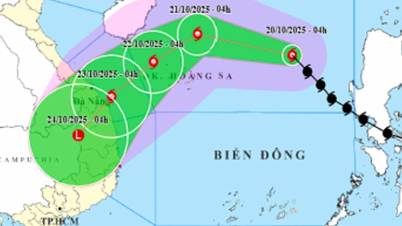

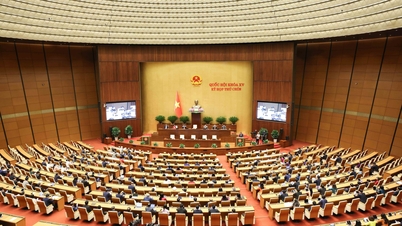



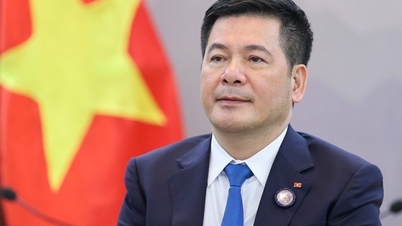

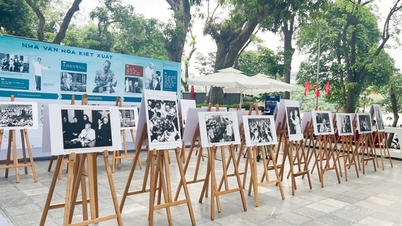

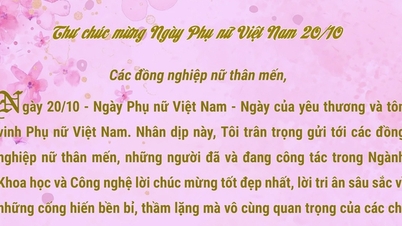

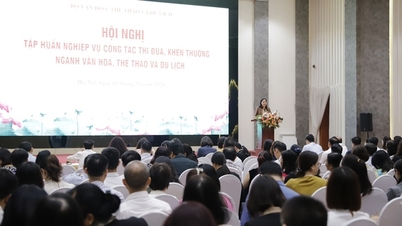

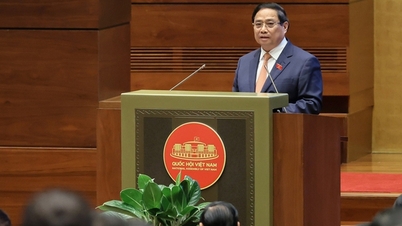




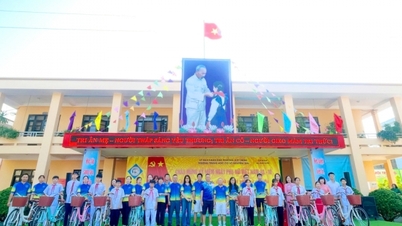

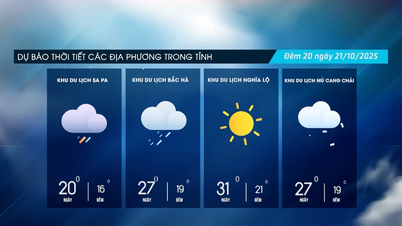

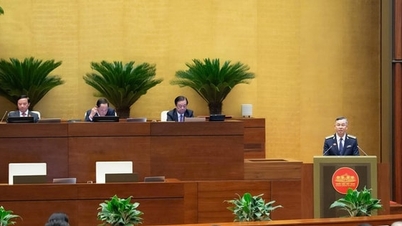













Comment (0)